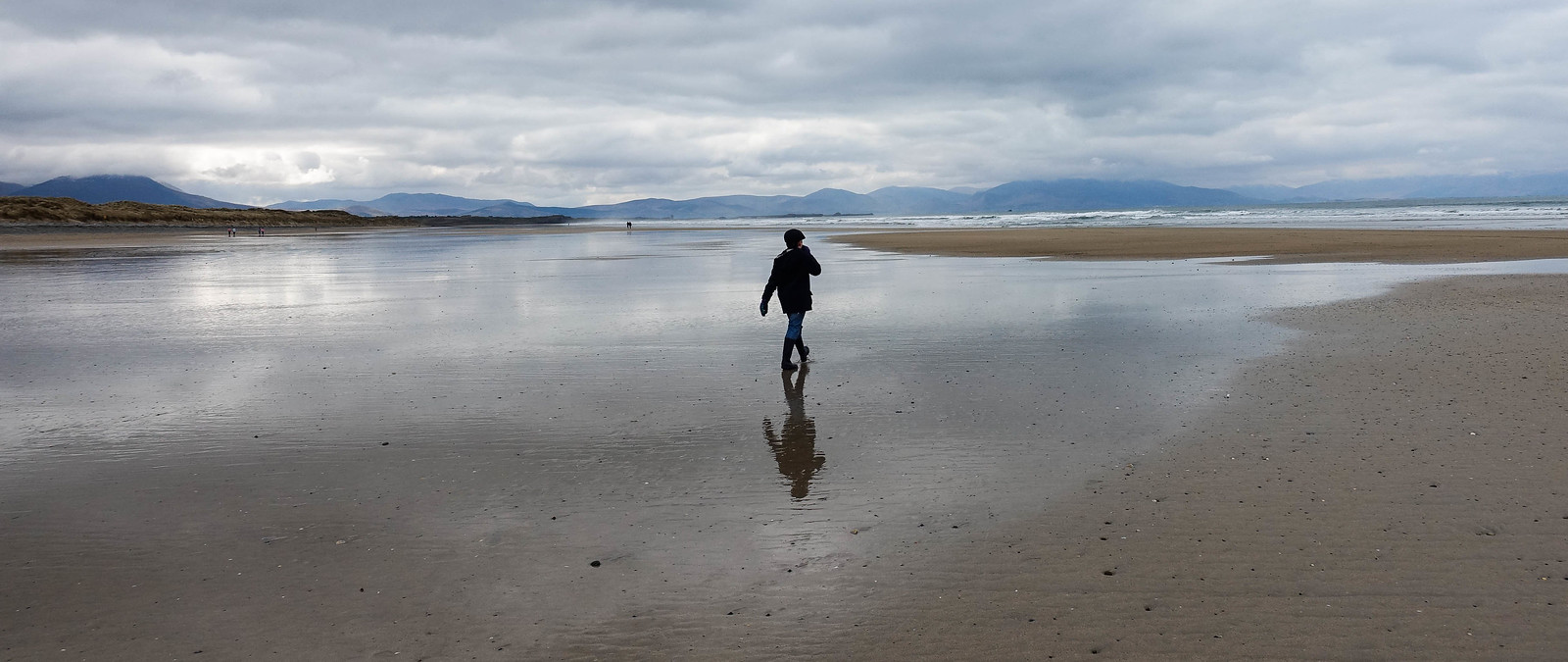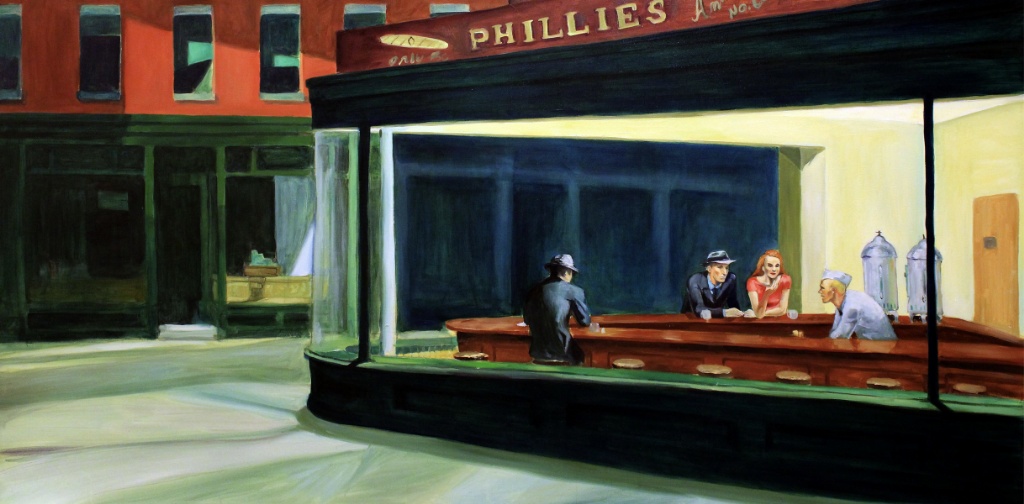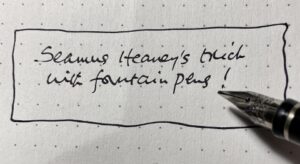Pigeons of Venice unite!
You have nothing to lose save your birdbrains.
Quote of the Day
”All science is either physics or stamp collecting”.
- Ernest Rutherford
Typical Rutherfordian hyperbole. And a bit hard on stamp collecting.
Musical alternative to the morning’s radio news
Sonny Terry & Brownie McGhee | Baby Please Don’t Go
Long Read of the Day
Globalization is Dead and No One is Listening
Really interesting commentary by Kevin Xu.
Includes his transcript of Morris Chang’s speech at TSMC’s Arizona “tool-in” ceremony.
The “tool-in” ceremony of TSMC’s new fab in Arizona drew a lot of attention last week. CEOs from Apple, Nvidia, and AMD attended and spoke. President Biden, along with a coterie of cabinet officials, congresspeople, and local Arizona politicians, came to rally, celebrate, and claim (as we will see, a premature) victory.
Amidst all the pomp and circumstance was a short, but powerful and sobering speech by Morris Chang, the now-91-years-old founder of TSMC. He shared his dream of building a fab in the US, the hard-earned lessons from TSMC’s first time building a fab in America 25 years ago, his perspective that globalization and free trade is almost dead, and why this event is just the “end of the beginning”.
It was the only speech that gave a real sense of what America’s semiconductor future would really look like. Yet no one listened. No American, or any Western media outlet for that matter, bothered to cover this speech. Only Nikkei and a handful of Taiwanese outlets wrote about it. Not even C-Span carried footage of the speech. (And C-Span carries everything!)
Really interesting, including about the amazing training requirements for people who want to work in this kind of chip-fabrication.
Morris Chang is a pretty formidable guy.
‘Succession’ has nothing on Davos
Elite conclave mulls next leader.
DAVOS, Switzerland — It’s the political race everyone is afraid to talk about.
For 52 years the World Economic Forum has been synonymous with its founder and executive chair Klaus Schwab, whose humble manner belies what many who know him describe as great ambition and boundless energy, even into his mid-80s.
Schwab has grown WEF’s $6,000 startup capital in 1971 into a $390 million a year business, turning a once sleepy organization into the think tank world’s FIFA.
Today, WEF’s annual meeting attracts more billionaires and CEOs than any other event on earth, and more political leaders than any gathering outside the United Nations General Assembly.
So what (and who) comes after Klaus Schwab?
Yawn. Frankly, who gives a damn? The Davos gabfest never really recovered from Donald Trump’s election. And it’s interesting to see how media obsession with it has waned in recent years.
Irrelevant factoid #3,567: I went to Davos once, in the Summer, before it was famous. Thought it a very dull place. But I bought a penknife there which I still use, so at least one useful thing came from it .
Striking wind, not oil
The Economist’s Schumpeter columnist (behind a paywall, alas) has an interesting column this week about Texan (Republican) ranchers who are hostile to the green movement but avid supporters of wind and solar energy. Why? There’s money in them thar airflows. His conclusion:
The upshot is that there are ways to promote clean energy that do not rely on convincing climate sceptics that they are bonkers. A better sales pitch may be to play up the cost advantages of renewables rather than the climate benefits, emphasise their contribution to cutting air pollution rather than carbon emissions, and acknowledge that, owing to intermittency factors, natural gas may have a role to play in power generation for years to come. As Michael Webber, a professor of energy at the University of Texas, puts it, “It’s not unusual for Texas to do the right thing for all the wrong reasons.”
My commonplace booklet
Password security
Further to Bruce Schneier’s advice on choosing passwords the other day, if you want to find out if your phone number or email address has appeared in a data breach, haveibeenpwned is a good place to check.
And if you’ve been using LastPass to manage your passwords, it might be worth thinking again.
This Blog is also available as a daily email. If you think that might suit you better, why not subscribe? One email a day, Monday through Friday, delivered to your inbox. It’s free, and you can always unsubscribe if you conclude your inbox is full enough already!











